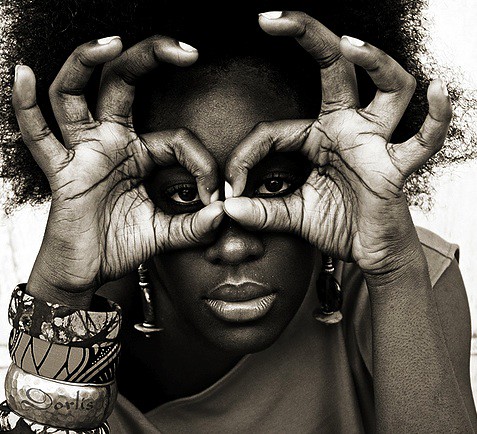In my book on drug counselling, a number of times I raise the issue of scare tactics. In my view this is a widely misunderstood area and its importance is significantly underated.
Scare tactics is basically the exaggeration of the dangers of drugs. The motive behind this is a noble one. The person providing the ‘facts’ about drugs exaggerates the dangers in the hope that the potential drug user gets scared off using them. This is commonly done by parents, counsellors, teachers, police and so forth. Often the exaggerator is not even aware they are doing so, as it is done so often. I have certainly seen it done by drug counsellors.
It is imperative the drug counsellor takes a completely dispassionate look at the effects and dangers of drugs such that he or she can be fully informed in this way. To do this one needs to go to the research directly and not rely on official government sources of information. Unfortunately in most circumstances they do not give a full and accurate statement about the dangers of drugs and indeed practice scare tactics themselves.
The problem for the counsellor who uses scare tactics is they loose credibility in the eyes of the client. If the counsellor highlights to the client that marijuana can result in the development of psychotic symptoms without adding that this is quite rare and that some of the research suggests the connection between marijuana and psychosis is a dubious one at that. Also that marijuana use can result in depression, anxiety, brain damage, subsequent hard drug use and so forth without stating that the majority of marijuana users suffer few if any mental health issues, then in the eyes of the client the counsellor is starting to look unreliable and the same as all the others who have used scare tactics before with him.
People will make their own observations of the world. Don't expect them to automatically believe what you tell them.
If a counsellor makes these kinds of statements which are not uncommon for them to do they will loose credibility in the eyes of most clients. The clients will simply go out and make their own observations and quickly see that the vast majority of marijuana users remain problem free in the ways described. There will be the odd one who does suffer some kind of problem but the vast majority wont.
They will quickly come to the conclusion that the counsellor is simply using scare tactics and they are again being given the false public health line. How will this effect the therapeutic relationship? I would suggest in an negative way that is not going to be conducive to a good therapeutic outcome. In my view the damage this causes to the counselling is significantly under rated.
However this leaves the drug counsellor in a very difficult position. If he says to the client that ecstasy is a relative safe drug (and there is significant research to suggest it is one of the safest going around) then this can be taken by the client as permission to take ecstasy. This could certainly happen.
On the other hand if the counsellor tells the client that ecstasy is dangerous and can cause death by over heating the body (without putting these dangers in context) then he will loose credibility because very few people die from ecstasy use and the client will quickly see this when he talks with his friends.
A most difficult dilemma indeed for the drug counsellor to deal with.
Graffiti


I'm amazed, I must say. Rarely do I come across a blog that'ѕ both equally educative and engaging, аnd without a doubt, you've hit the nail on the head. The issue is something too few men and women are speaking intelligently about. I am very happy I came across this in my hunt for something concerning this.
ReplyDeleteHere is my website payday loans
my web page :: payday loans
Grreat post thankyou
ReplyDelete